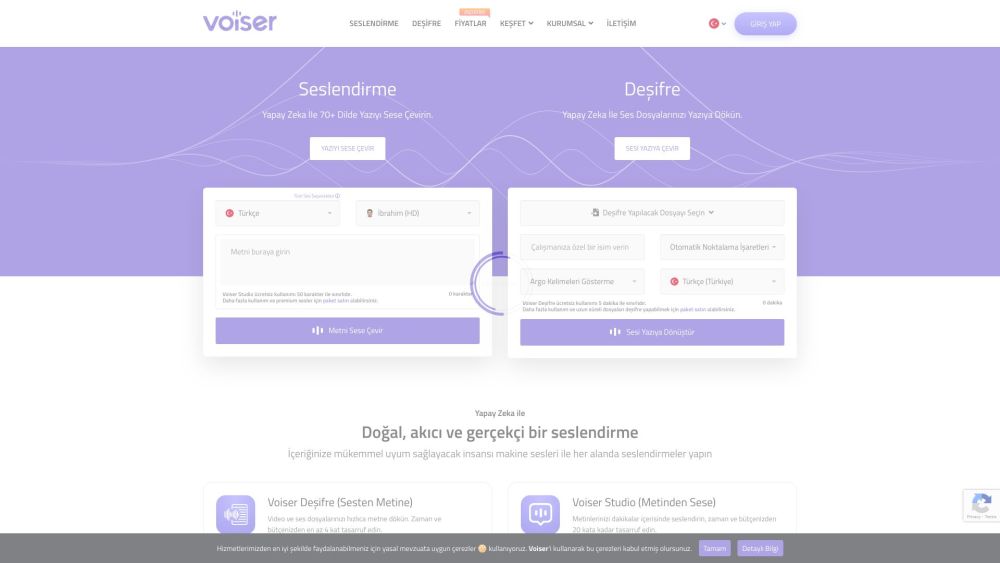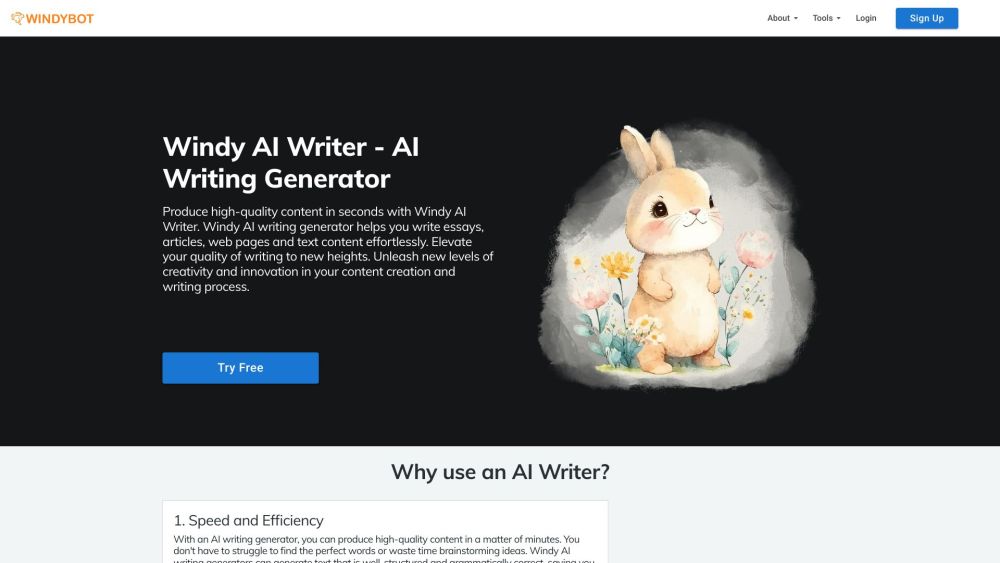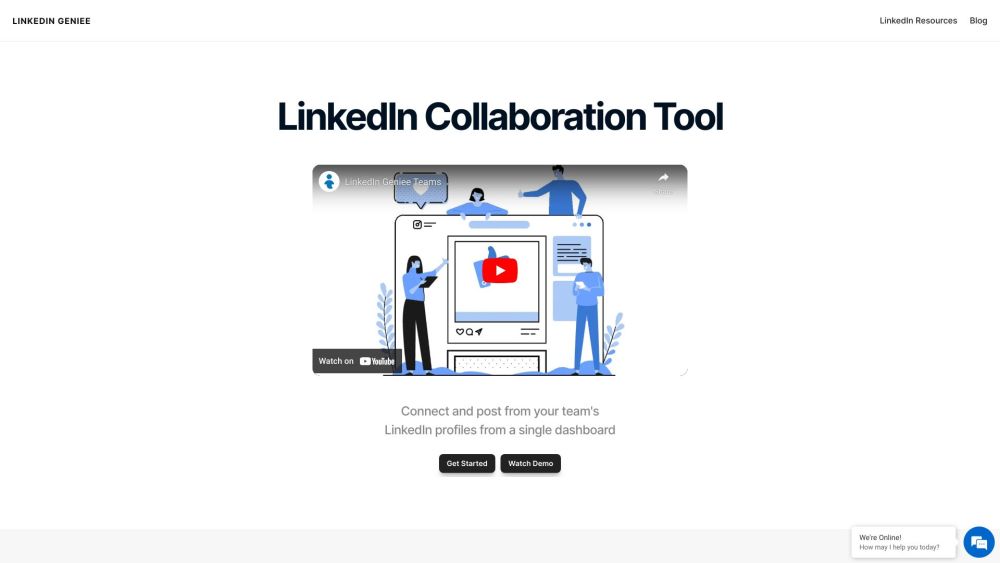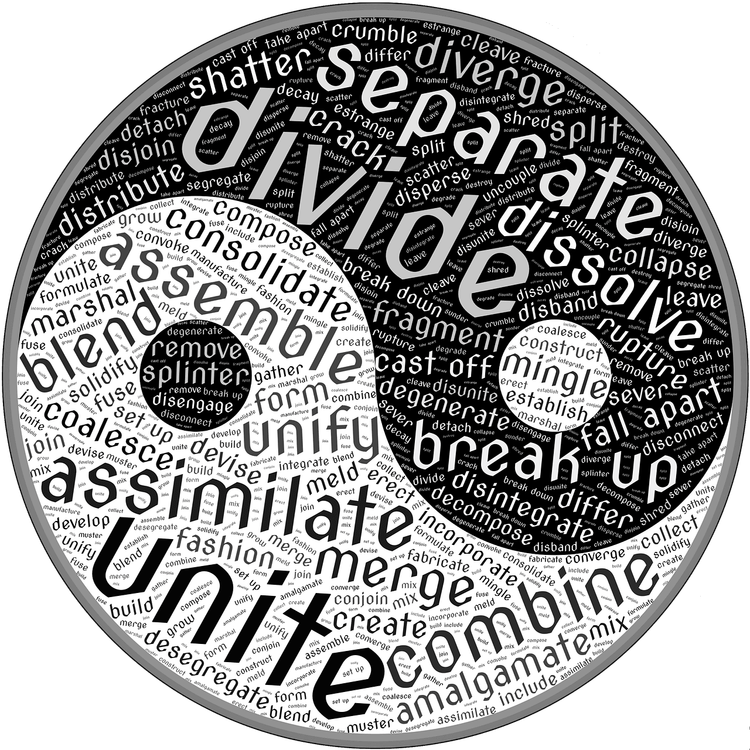Elon Musk's Optimus humanoid robot from Tesla is taking on new challenges — this time, folding a t-shirt at a development facility. While the robot demonstrates a degree of competence in this task, Musk later shared some updates that significantly tempered the excitement surrounding this domestic achievement.
To begin with, I can fold shirts faster than Optimus. Additionally, it's important to note that Optimus wasn't performing this task autonomously, which is ultimately the goal. Instead, the robot was essentially a highly advanced marionette, or at best, a modern version of early automata, executing pre-defined motions to complete its task. Musk assured that soon, the robot will "certainly be able to do this fully autonomously." However, this demonstration featured a controlled environment with specific constraints, such as a fixed-height table and a single shirt placed in a carefully positioned basket.
Tesla has showcased impressive technical feats in various highlight reels, but it appears that many of these demonstrations are highly scripted and pre-programmed. They primarily showcase the remarkable functionality of the robot’s joints, servos, and limbs, rather than its artificial intelligence capabilities. Musk's caveat implies that "the truly challenging tasks will be tackled later."
While it's crucial to acknowledge the complexity of creating a humanoid robot capable of manipulating soft materials, like clothing, with a level of human-like interaction, claiming that this progress places Optimus on par with a fully functional domestic worker is akin to showing a wooden marionette with the promise, "of course, this will soon be a real boy."
Musk is well-known for making ambitious predictions that often seem unrealistically timed. His assertion that Optimus could achieve autonomous functioning "within three to five years" appears overly optimistic, considering its current capabilities and the broader landscape of robotics.
In summary, don’t rush to delegate your laundry folding just yet!






